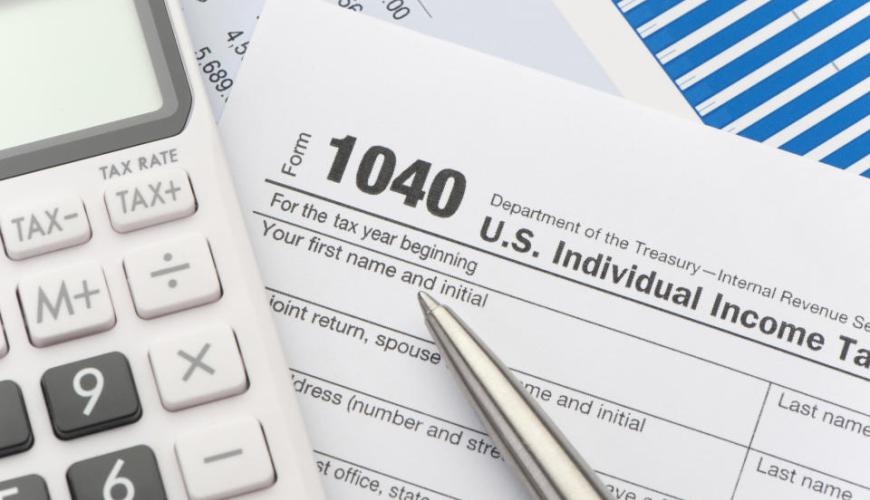Strategies for Americans who feel behind on retirement savings

Contents
Retiring when you choose to and being confident that you have enough money saved can be a precarious proposition.
With lingering inflation and fewer employers planning to bump up salaries this year, many Americans are struggling to keep up with saving for their so-called golden years. Some have even taken to raiding their retirement accounts to cover unexpected emergencies in the past year.
The share of Vanguard 401(k) holders who raided their accounts in 2023 was the largest ever. The plundering may have been triggered by higher medical costs and other living expenses such as food and rent.
But there are strategies you can start right now to keep building your retirement stockpile and future financial security.
Sock away at least enough to get your full employer 401(k) match
“If you have a 401(k) or a 457 or a 403(b), you usually get matching contributions ,” Cary Carbonaro, senior vice president at Advisors Capital Management told Yahoo Finance’s Wealth! (video above), “and that is free money. Take advantage of that. Step one is to max out your current retirement account at work.”
If you don't have one, you can open an individual retirement account, or IRA. “But no matter what, you have to set it up, and it has to be on autopilot,” she added.
A tax-saving move for non-retirement accounts
Tax-loss harvesting is “taking a look at investments that you may have losses in and taking those losses and using them to offset gains,” Mitlin Financial founder Lawrence Sprung, who is also the author of "Financial Planning Made Personal,” told Yahoo Finance’s Wealth!
“At the end of the day, it's all about how much money you're able to keep, not after selling the investment, but after you pay the tax man,” he said. “And by selling some losses to offset those gains, you end up keeping more of your hard-earned money and the growth that you've accumulated within those accounts that are outside of retirement accounts.”
This strategy, however, only works with taxable accounts such as a brokerage account. While you can harvest losses to offset gains of many different types of assets, you don’t get the benefits of tax-loss harvesting in retirement accounts such as a 401(k) or IRA.
That’s because these accounts are tax-deferred, so you are not paying capital gains on any trading activity that scores profits or pays dividends in these accounts. In other words. you can’t sell an investment at a loss in your 401(k) or IRA to offset a capital gain in your taxable account.
Consider making charitable contributions
With taxes top of mind right now, it’s a good time for retirees already taking their required minimum distributions (RMDs) from IRAs and workplace plans to focus on moves to manage retirement accounts in 2024. That will have a direct impact on the tax bill next April.
A jump in retirement account balances last year may mean that your RMD, which is generally taxed as ordinary income in the year it’s taken, will be bigger than what you pulled out in 2023.
“My favorite tip and trick for my retirees is what's called a QCD, which is a qualified charitable distribution,” Carbonaro said.
These charitable distributions from your retirement accounts count toward your RMD, and you can exclude them from gross income up to $100,000 annually.
If you don't need the cash from your RMD to meet your living expenses and you are already gifting to charity, you can have that required minimum distribution go directly to the charity, Carbonaro said. “The charity wins, and you win because you don't have to pay taxes on it, and really everybody wins but the tax man.”
One caveat: 1099 Forms do not show that the distribution was given to charity. As the IRA owner, you need to communicate with your accountant and make sure they know not to include the distribution in income.
The transaction must be done by the end of the tax year. You can have your custodian or retirement plan administrator send the withdrawal directly to a qualified nonprofit, which keeps it off your individual tax return.
The allure of early retirement
One of the misperceptions of early retirement is that it can't be done, Sprung said.
“People have this conceptual idea that they have to work until 62 or 65, some retirement age that's kind of been created for us, and it's just not true,” he said. “If you start early enough, invest wisely, and make right and smart financial moves, you can retire much earlier than those preconceived retirement ages that we all think about.”
Kerry Hannon is a Senior Columnist at Yahoo Finance. She is a career and retirement strategist, and the author of 14 books, including "In Control at 50+: How to Succeed in The New World of Work" and "Never Too Old To Get Rich." Follow her on X @kerryhannon.
